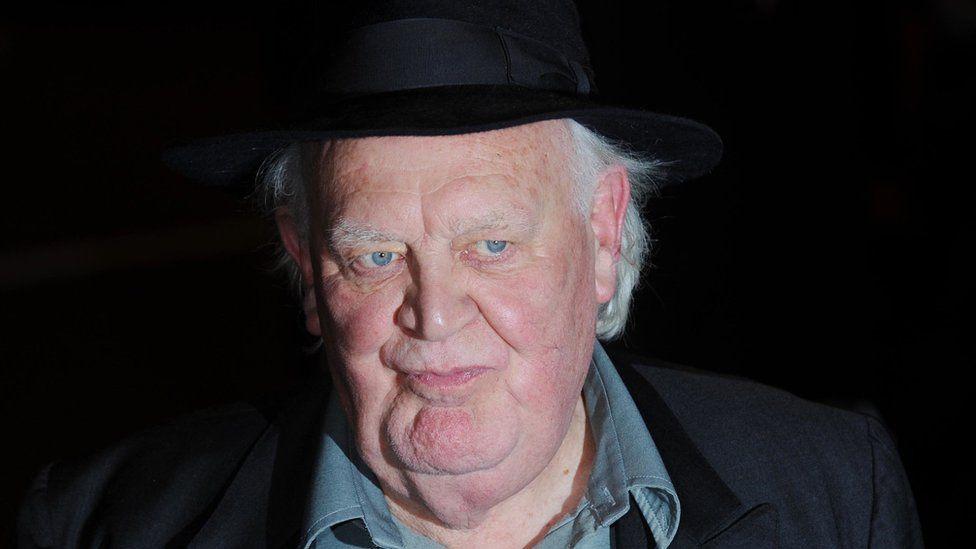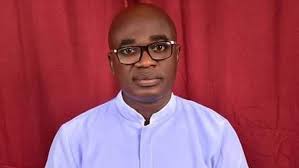
In a move that has sparked outrage among Nigerians, the Nigerian National Petroleum Company Limited (NNPCL) increased the price of Premium Motor Spirit (PMS) once again, raising the cost in Abuja from N1,030 to N1,060 per litre, and in Lagos from N998 to N1,025 per litre.
This adjustment, the third increase in two months, has drawn criticism from various sectors, including the Organised Private Sector and Civil Society Organisations.
Experts warn that this latest hike could exacerbate inflation, which already hit a 28-year high of 34.2% in June, further burdening the populace. The continued rise in fuel prices is particularly concerning given the recent decrease in international crude oil prices, which fell from $78 to approximately $72 per barrel.
Aliko Dangote, President of Dangote Group, criticized the ongoing importation of petrol despite the operational Dangote Refinery, which produces the commodity locally. He expressed frustration over the lack of engagement from oil marketers and NNPCL, stating, “If I’m in retail business then you can hold me responsible,” suggesting that marketers should procure fuel from his refinery instead.
The recent price adjustments follow a series of hikes since the government declared an end to fuel subsidies in May 2023, with petrol prices increasing from N184 to N1,025 in Lagos.
Industry representatives, including the National President of the Nigerian Association of Chambers of Commerce, Dele Oye, emphasized the adverse effects of rising fuel costs on transportation and goods, urging the government to stabilize the naira to mitigate inflationary pressures.
Civil Society leaders also voiced their concerns, calling for the government to tackle corruption in the fuel subsidy system and implement fair taxation on the wealthy to alleviate the burden on average citizens. Auwal Musa Rafsanjani, Executive Director of the Civil Society Legislative Advocacy Centre, argued that subsidies should be reconsidered as a means of supporting the most vulnerable populations.
Public sentiment on social media reflects a mix of frustration and resignation. Many Nigerians fear that prices may rise even higher, speculating potential costs of up to N1,500 per litre by the end of the year. Calls for a boycott of filling stations surfaced, while some defended the government’s deregulation policies as part of a free market system.





